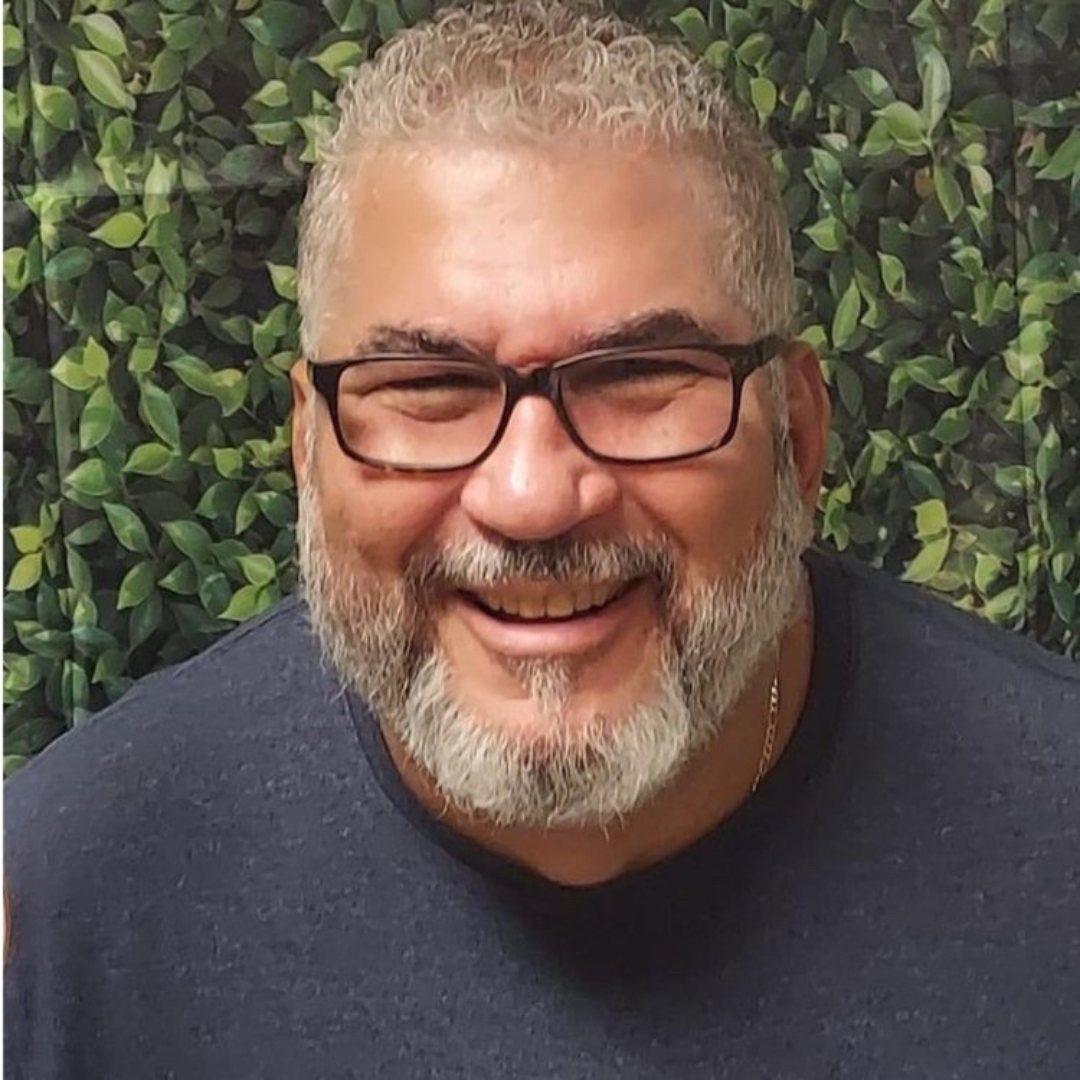Working Toward Justice
Lent Devotion by Rev. Luis F. Reyes-Rosario
What does the Lord require of you but to do justice, and to love kindness, and to walk humbly with your God?
Micah 6:8
Note: In June 2023, the Methodist Federation for Social Action (MFSA) Board of Directors established the Racial Audit Implementation Team to enact the recommendations from the comprehensive Racial Audit, aiming to transform MFSA into an anti-racist organization. Rev. Luis is a member of that team.
As we embrace the journey of dismantling racism within the Methodist Federation for Social Action, it is clear that we have a monumental task ahead—not just in our conversations as the Racial Audit Implementation Team, but in confronting the ways our institutions, even with good intentions, have upheld the practices of the majority culture.
For too long, the church has been silent and complicit in both subtle and overt forms of racism. People have left the church because it has boldly professed that all are created in the image of God (Genesis 1:27), yet remained silent in the face of injustice. We proclaim that there is no longer slave nor free (Galatians 3:28), yet we have been complacent in systems of oppression.
To go in the opposite direction requires us to acknowledge and address years of institutional racism. Throughout American history, the church and slavery joined forces to promote a system of hierarchy and dominance.
Economic, healthcare, criminal justice, education, housing, and banking systems were all designed to support slavery in the 17th century and continued these practices through the 18th, 19th, and 20th centuries. Our institutions were developed within these systems and, knowingly or not, perpetuate them.
Power, Privilege, and Capital
Power, in the context of community organizing, is the ability to act (Saul Alinsky), the strength required to bring about social, political, and economic change (Martin Luther King, Jr.), and something that concedes nothing without a demand (Frederick Douglass). This is what we should be working toward. However, our current reality is that power has become the ability to decide who has access to resources, to control the behavior of others, and to shape events to maintain existing systems of inequality.
Privilege is the unearned access to resources available to some people simply because of their social group membership. As anti-racism activist Peggy McIntosh describes it:
"Privilege exists when one group has something of value that is denied to others simply because of the groups they belong to, rather than because of anything they’ve done or failed to do. Access to privilege doesn’t determine one’s outcomes, but it is an asset that makes it more likely that whatever talent, ability, and aspirations a person with privilege has will result in something positive for them."
White privilege, specifically, is both unconsciously enjoyed and consciously perpetuated. It is deeply embedded in American life. It is both a weightless knapsack and a weapon.
Capital (Money) also plays a key role in systemic injustice. As Mahatma Gandhi said, “Poverty is the worst form of violence.”
In 2023, the U.S. Department of Health and Human Services set the poverty guideline for a family of three at an annual income of $24,860, which equates to living on approximately $22.70 per person per day, including housing, food, clothing, utilities, etc. The basic necessities.
Despite overall economic growth, poverty rates remain disproportionately high among certain racial and ethnic groups. In 2023, the poverty rates were:
These disparities are deeply rooted in historical marginalization and systemic barriers to quality education, employment opportunities, and equitable healthcare.
The American Psychological Association notes that while non-Hispanic whites constitute the largest single group of Americans living in poverty, ethnic minority groups are disproportionately affected. These disparities are the result of historical marginalization and entrenched barriers to education and economic opportunities.
The Work Ahead
As we implement the Racial Audit, we must recognize that changing organizational behavior requires deep, collective repentance. If we want to be a relevant organization in a diverse society, this change is not just an aspiration—it is a necessity. The work before us may not be the change we originally envisioned, but it is the change required of us.
As Dr. King reminded us, "Injustice anywhere is a threat to justice everywhere." We cannot move forward in faith without addressing the harm done and committing ourselves fully to the work of justice.
True justice demands not just words but action. It means confronting our privileges, re-examining how we wield power, and using our resources to uplift those who have been marginalized. It requires that we—individually and collectively—choose the harder path of transformation rather than the easier path of complacency.
Rev. Luis Felipe Reyes-Rosario
A native of Puerto Rico, Luis Felipe Reyes-Rosario is an elder in full connection with 36 years of pastoral experience, including 28 years in cross-cultural and cross-racial appointments. He currently serves as Lead Pastor of the United Methodist Church of Sycamore in Sycamore, Illinois. His work in church mediation, systems theory, and social justice informs his ministry and his commitment to dismantling racism. He strives to live by Dr. King’s words: “Injustice anywhere is a threat to justice everywhere.”

